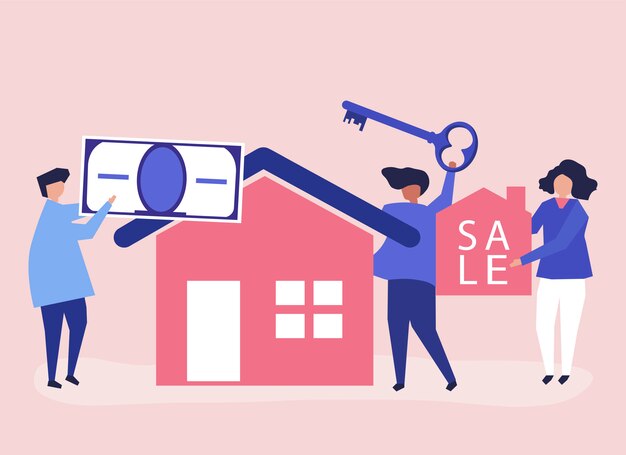
When your home starts to feel a bit snug, the dilemma of expanding it becomes the next big question. Should you build up, adding another story? Or is building out the better option, extending your living space horizontally? Both choices have their perks and pitfalls, and deciding which path to take can be a bit daunting. This post is all about helping you make that choice, whether you’re adding a room, a second floor, or a whole new wing.
Why Home Expansion is a Hot Topic
For many families, moving to a bigger house isn’t always the best choice. Sometimes, expanding your current home is more appealing, especially if you’re fond of your neighborhood. With housing costs on the rise in many places, the idea of staying put and enhancing your current abode is becoming more popular. Plus, you have the freedom to design with your specific needs in mind.
Pros and Cons of Building Up
Building up, or adding another story to your house, can be an exciting way to grow your living space. It means more room without losing yard space, which is great if you love your garden. Plus, a second story can provide better views and increased privacy. However, it comes with challenges, like stricter regulations and potentially higher costs due to structural changes.
Pros and Cons of Building Out
Building out involves expanding the footprint of your home. This option is often less complex structurally, which might make it less expensive. It’s perfect if your property has plenty of space to spare. However, it might mean losing some outdoor space and facing zoning restrictions. It can also be disruptive to daily life while construction is underway.
Cost Considerations for Home Expansion
Budget is a critical factor in deciding how to expand your home. Building up might require reinforcing the foundation, which can add significant costs. Building out, on the other hand, might involve less complex renovations but could still require extensive landscaping changes. It’s essential to get detailed estimates for both scenarios to make an informed decision.
Understanding Zoning Laws and Permits
Before you start planning your expansion, understanding local zoning laws and permit requirements is crucial. Certain areas might have restrictions on the height of buildings or the proportion of land that can be built upon. Checking these regulations can save you time and prevent costly mistakes down the line.
Exploring Design Options
Designing your new space can be one of the most exciting parts of the expansion process. Whether you’re building up or out, consider how the new space will integrate with the existing structure. Will it blend seamlessly, or do you want it to stand out with a modern twist? Planning these details can help create a cohesive and functional design.
Choosing the Right Materials
The materials you choose for your home expansion can impact its durability, appearance, and cost. For building up, lightweight but strong materials are often preferred to minimize structural strain. Building out might give you more flexibility with materials, allowing for a more varied selection. Consulting with a design professional can help you make the best choices.
Hiring the Right Professionals
Expanding your home is a significant project that typically requires professional input. Hiring an experienced architect and contractor can make the process smoother, ensuring your project adheres to all safety standards and building codes. Be sure to check references and previous work to find the best fit for your project.
Energy Efficiency and Sustainability
Incorporating energy-efficient features and sustainable materials into your expansion can lead to long-term savings and environmental benefits. Consider installing energy-efficient windows, insulation, and solar panels. These additions not only enhance the value of your home but also align with growing trends towards eco-friendly living.
The Role of Landscaping in Home Expansion
If you’re building out, landscaping will play a crucial role in the final appearance and functionality of your property. Consider how changes in your home’s footprint will affect gardens, driveways, and outdoor living spaces. Proper planning can help maintain or even enhance your property’s curb appeal.
Financing Your Home Expansion
Securing financing for your home expansion is a crucial step in the planning process. Whether you’re considering a home equity loan, refinancing, or other financing options, it’s important to understand the terms and find a solution that fits your financial situation. Consulting with a financial advisor can provide clarity and help you make informed decisions.
Making the Final Decision
Ultimately, the decision to build up or out depends on your specific needs, budget, and property. Weighing the pros and cons of each option, considering local regulations, and consulting with professionals can guide you to the best choice for your family. Whether you decide to add a second story or extend your home, careful planning will ensure a successful and satisfying home expansion.
In conclusion, expanding your home is a significant decision that requires careful consideration. By evaluating your needs, understanding the associated costs, and planning meticulously, you can create a space that perfectly fits your lifestyle. For those considering home additions in Utah, it’s advisable to consult local experts familiar with the specific regulations and trends in the area. If you’re ready to take the next step, reach out to professionals who can help bring your vision to life.
Keep an eye for more news & updates on Buzz Telecast!







